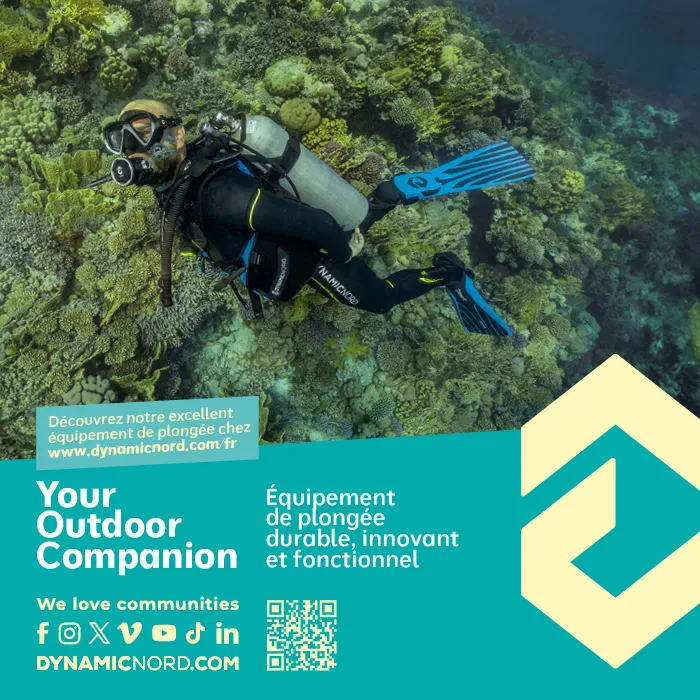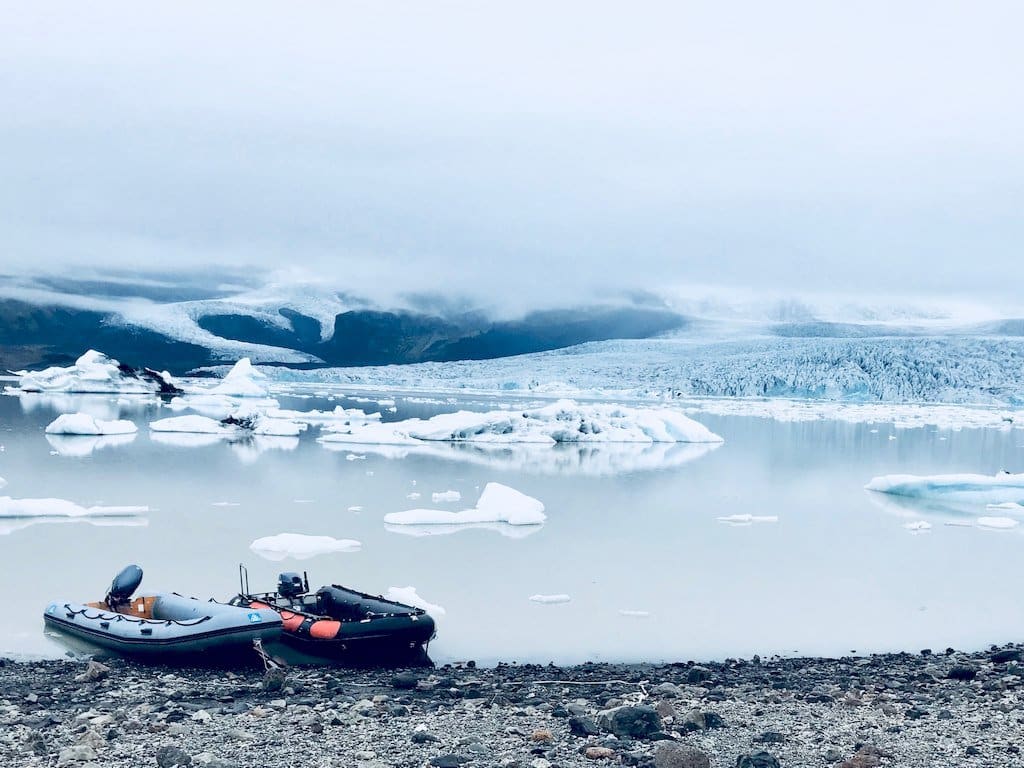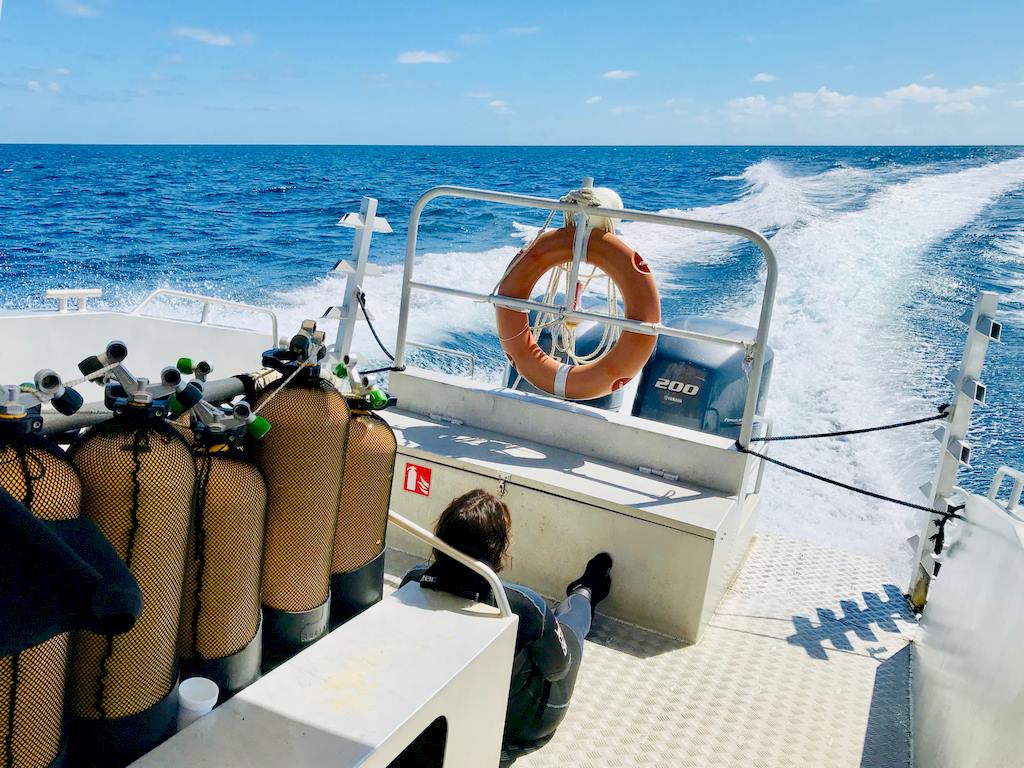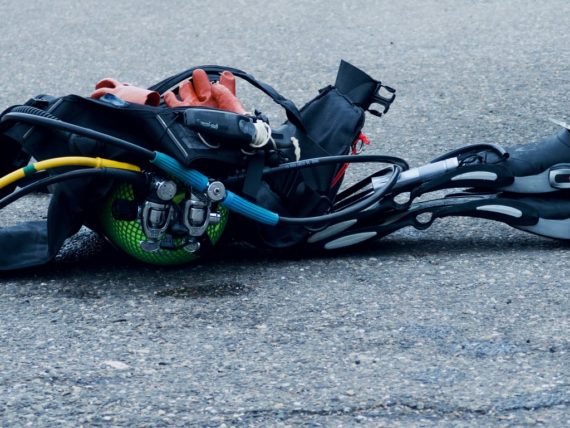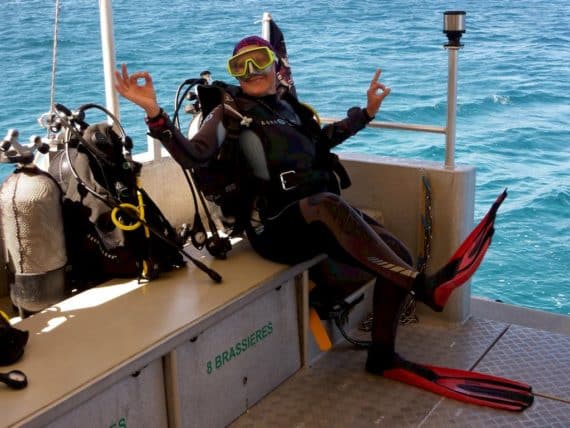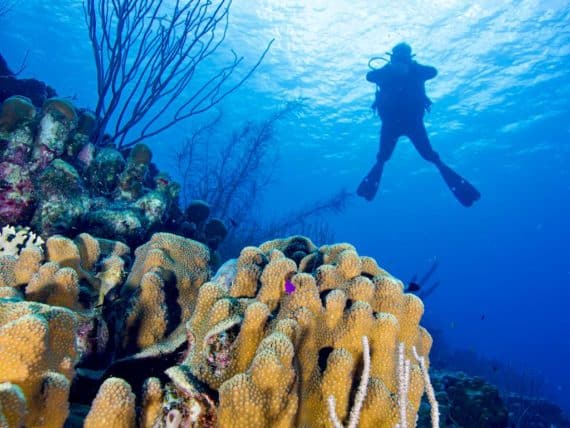Why we hate PADI (… but we can not help coming back)
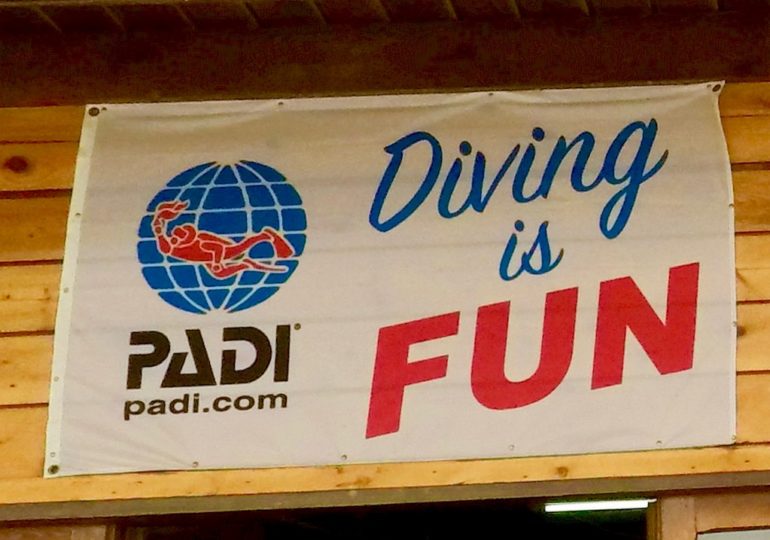
In a world of diving, PADI’s bad reputation is well known.
Critics sometimes even separate the “real” divers from the PADI scuba divers who would be seen by the first as an “underclass” of poorly trained divers.
Certified instructors after a handful of dives, expensive courses and a lower level compared to those of other certification agencies. The “for profit” orientation is clearly displayed. The arguments are going well to make this mega dive organization a bad reputation.
But is it really justified?
Since I have never been trained as a PADI scuba diver and as an instructor with this certification agency. I wanted to go see “why we hate all PADI”
What is PADI scuba?
The Professional Association of Diving Instructors is the largest scuba diving organization in the world. Born just over 50 years ago in the USA. Its success is dazzling and scares its competitors.
An indisputable leader in the certification of instructors and divers. PADI is present in more than 175 countries. Courses are transleted in more than 20 languages. PADI scuba is certifying an absolutely breathtaking number of divers every year. PADI dominates the world market of scuba diving .
Its grip is such that PADI is busy opening the door to French territory by creating an incursion into the world of professional diving in Polynesia. Advocates of the “state certification” fear this openness spread to other French territories.
I had dealt with this interesting issue in the article Polynesia: the situation that is disrupting the French scuba diving environment … and the rest of the world continues to dive . This one was also a top: A reform in recreational diving in France coming soon ?
How does PADI work?
PADI is present almost everywhere in the world. Diving centers displaying their membership in this organization have become essential during dive trips outside Europe (not to say outside France)
Organization of PADI scuba centers:
In order to establish its foundation, this agency classifies diving centers according to various services offered. For exemple the sale and maintenance of diving equipment. The possibility of conducting an instructor training, the preparation of diving professionals to evolve in this environment. Having the opportunity to do boat trips.To be situated in a resort …
In this way, the client knows the various services offered and make the choice of the PADI center to which he wishes to go according to what he wants to experiment.
As there are criteria for PADI centers, it seems to me that there is a certain quality requirement that is sometimes well appreciated. With this in mind, I must admit that the majority of diving centers where I (almost) found nothing to complain about were PADI dive centers (but also sometimes certifying from other training agencies).
PADI Training and Pedagogy:
PADI is a real pedagogical war machine offering courses in many languages. This does not force students to buy textbooks in a language they do not always master. The counterpart is that at PADI, everything is organized. Educational freedom seems totally absent. It would seem that classes are being given all over the world in the same way. This is most likely to displease me even though I am forced to admit that this probably prevents some “very average” instructors from teaching lots of errors to their students.
With regard to PADI instructor training, it is normally an external evaluator who will validate the candidate’s training. This will avoid the bias of the certifications sometimes attributed “because one is a buddy”.
What are the main criticisms of PADI scuba?
As mentioned above, there are mainly three major remarks made to PADI scuba.
PADI’s stated desire to have a commercial footprint.
But is it really wrong to want to grow your business?
With the exception of associative diving clubs that rely on the good will of its volunteer members, I must admit that I have never seen any center (regardless of its membership) not operating in a “commercial” way.
PADI scuba diving and diving training is too light.
It is sometimes surprising. When one has been accustomed to spend his dives certifications over a long period of time with many logged dives to see a friend obtaining a PADI scuba certification during a stay of a week in warm sea.
However, when we observes what is done in diving centers certifying through other certification agencies. We realizes very quickly that, in almost all sectors (except the non profit), one can also obtain a certification over a week.
Could we argue that this training is too light and does not provide enough basis for divers to dive safely. Maybe , maybe not. However, in this case, it would be advisable first to carry out a careful study to evaluate the risk of accident according to the training agency. This would certainly require a lot of time (and money).
However, we can notice that PADI trainings point towards shallower dives. Most of the time they remain in the no-deco curve. Would this not counterbalance a possible lack of training rigor advanced by some?
PADI Instructor Training
If there is one recurrent criticism concerning the PADI system, it is certainly the training perceived as “too light” of its instructors.
One can ask the question of the relevance of bringing a diver into an instructor course after only a few dozen dives.
It would probably also be interesting to compare the trainings of instructors from the largest certification agencies. However, it would take a lot of work. Maybe It would be equally interesting but certainly complicated (if not impossible?) to conduct a study on the frequency of diving accidents by the certification agency of the instructor.
On the other hand, what we can observe in practice is that the quality of an instructor is certainly not measured by the card he received. It will be measured by what he will do once he or she gets this certification.
One major asset that could be attributed to the training of PADI scuba instructors, is that it opens doors all over the world. There is however an exception in France even if commercial dive centers regularly ask for both certifications, PADI and State certification.
So what about PADI?
If we all hate PADI scuba a bit (PADI is everywhere and works very well and maybe much better than our certification agency). When we want to explore the seas around the world, we can almost never avoid PADI.
I did a lot of training among people saying that PADI divers were not “real” divers. However, today, I would be happy to attend a PADI training for instructors 😉
What are your experiences and observations?
I will be really happy to discuss this with you in a comment directly on the blog
Above all … do not forget to be happy
Helene

